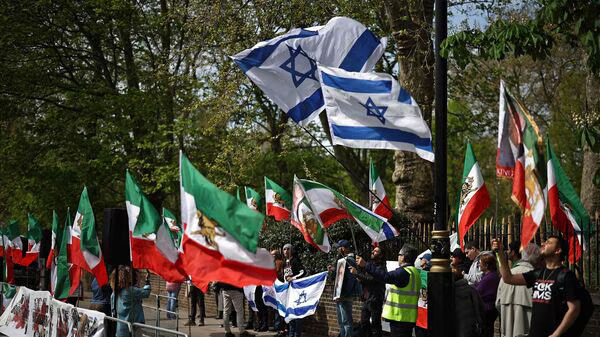At its core, the JCPOA aims to address concerns over Iran's nuclear activities by imposing strict limits and monitoring mechanisms. In return, Iran was promised relief from economic sanctions that had crippled its economy for years. However, the implementation of the deal has been far from straightforward, with ongoing disputes and disagreements over various aspects.
One of the primary challenges in the negotiations is ensuring Iran's compliance with the terms of the agreement. While international inspectors have confirmed Iran's adherence to certain provisions, concerns remain about its enrichment activities and potential military dimensions of its nuclear program. Balancing the need for verification with Iran's sovereignty has been a delicate task for negotiators.
Moreover, discussions surrounding sanctions relief have been a point of contention. Iran has consistently called for the lifting of all sanctions imposed by the United States, arguing that they violate the terms of the JCPOA. On the other hand, the U.S. and its allies have sought to maintain leverage through targeted sanctions related to Iran's ballistic missile program, regional activities, and human rights record.
Regional security dynamics also play a crucial role in the negotiations. Iran's involvement in conflicts across the Middle East, its support for proxy groups, and its ballistic missile development have raised concerns among neighboring countries and international partners. Addressing these issues while preserving the JCPOA's framework requires a comprehensive approach that considers broader regional stability.
The recent resumption of talks in Vienna, facilitated by the European Union, offers a glimmer of hope for progress. However, reaching a mutually acceptable agreement will require compromise and political will from all parties involved. The stakes are high, with the outcome of the negotiations expected to have far-reaching implications for regional security, nuclear non-proliferation efforts, and international relations.
As negotiations continue, it is essential to maintain open channels of communication, foster trust among stakeholders, and prioritize diplomacy over confrontation. The JCPOA represents a rare opportunity to address one of the most pressing security challenges of our time through peaceful means. By working together in good faith, the international community can achieve a lasting and comprehensive resolution to the Iran nuclear issue, ensuring a safer and more stable future for all.
Written by: Hedwig Francis mwendwa


